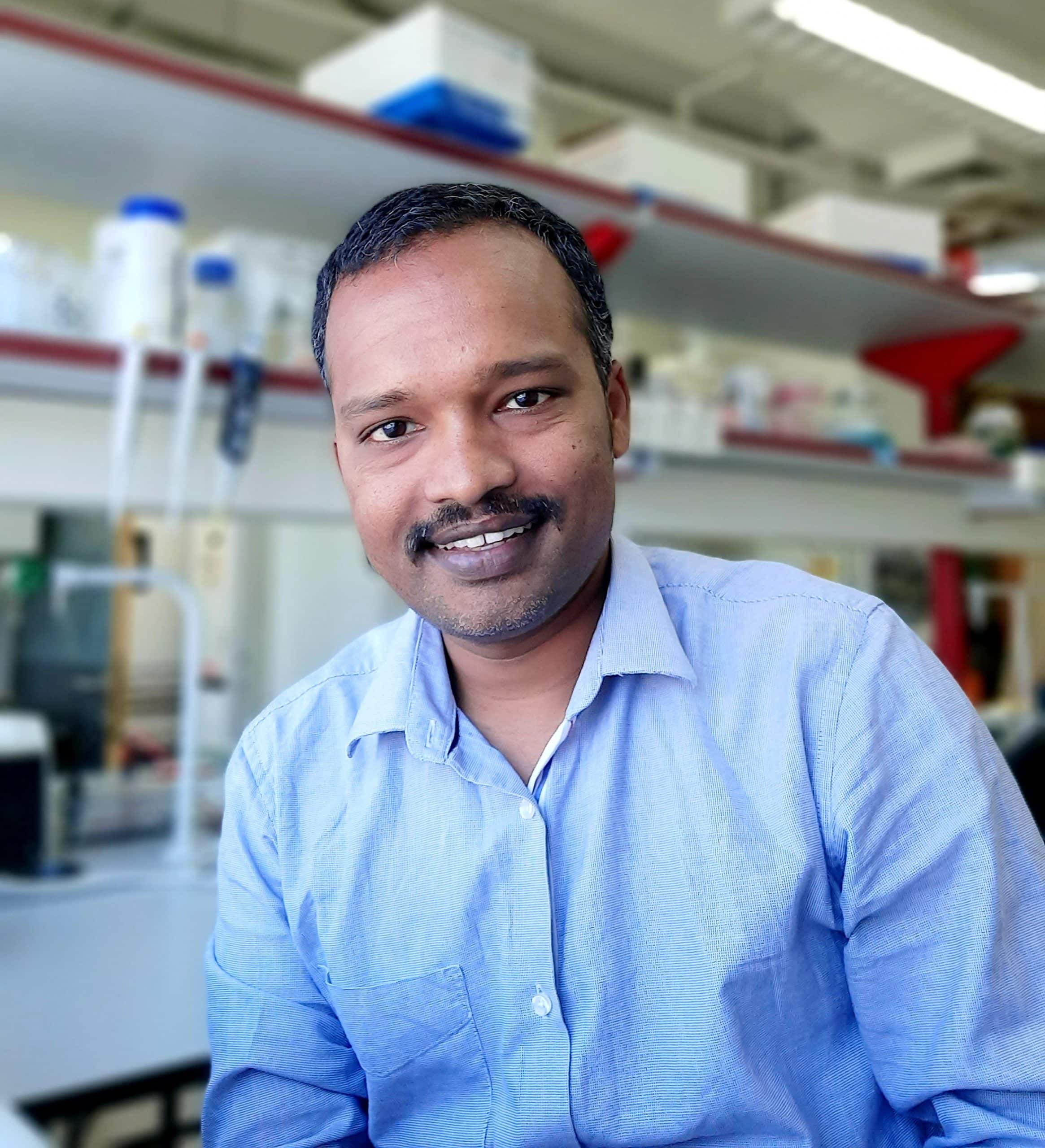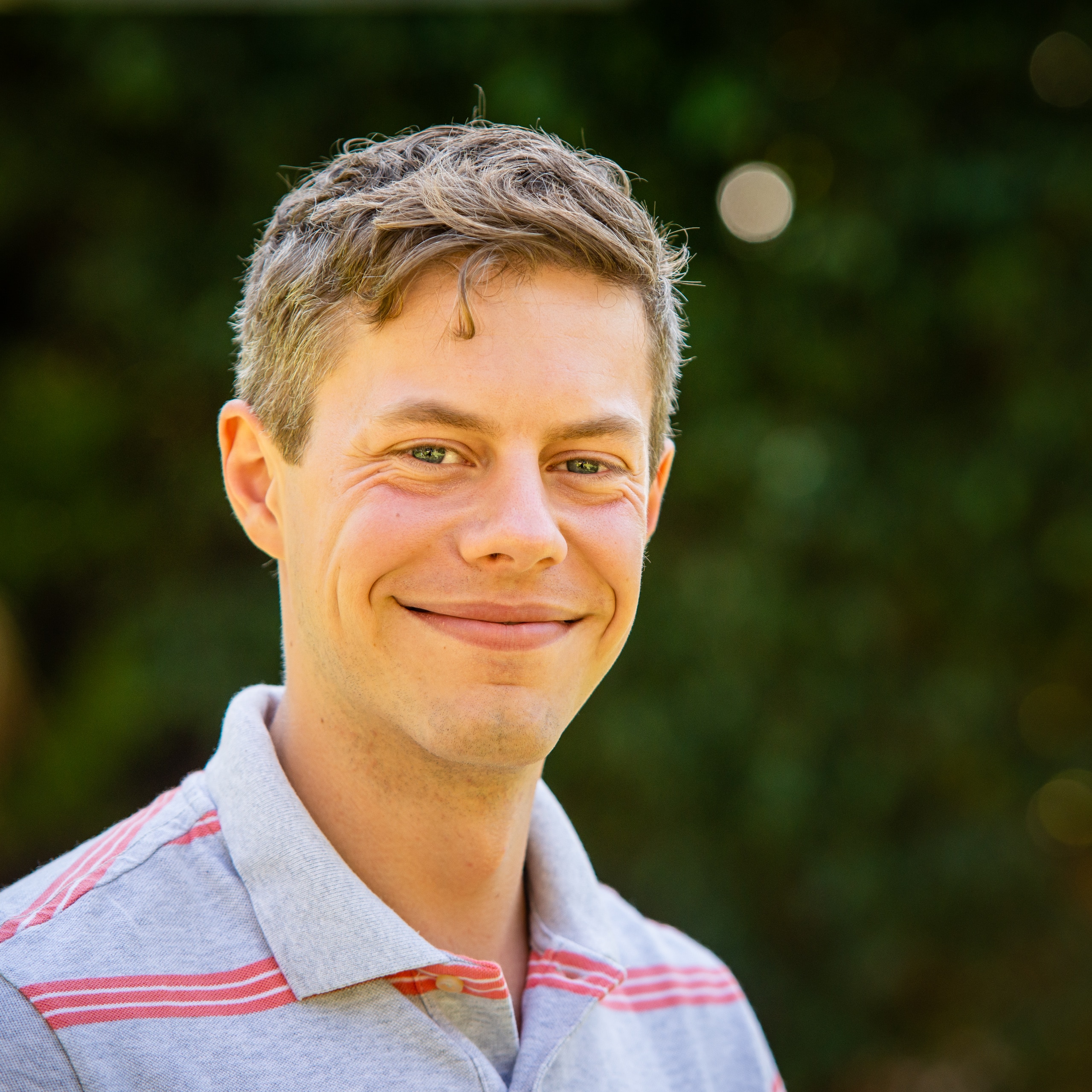Interdisciplinary Grand Technion Energy Graduate Program
The Nancy and Stephen Grand Technion Energy Program at Technion is a multidisciplinary research and education initiative, uniting experts from across the world and inspiring sustainable solutions to the global energy challenge. The potential effects of new energy technologies are revolutionary, but as knowledge accumulates, challenges multiply even faster. Solutions depend upon unprecedented integration of tools and concepts originating from a wide range of science and engineering fields.
In order to train the next generation of researchers and engineers, the Technion has established an interdisciplinary graduate studies program under the auspices of GTEP. This program provides the wide-ranging education necessary to discover the next generation of energy solutions. GTEP provides an environment conducive to interdisciplinary research, the resources necessary to recruit and retain the best minds, which together will generate unparalleled cross-fertilization in a stimulating environment.
The program offers a range of research topics, such as:
- Alternative Fuels
- Energy Storage and Conversion
- Renewable Energy Sources
- Energy Conservation
- Computational Research
Central GTEP Facilities and laboratories:
- Nitrogen-Based Fuels
- Hydrogen Technologies
- The Fuel Cells Research Laboratory
- Energy Storage Complex
- Photovoltaics Laboratory
- Bioenergy Laboratory
- Micro-Nano Printing Fabrication
Scholarships are available (subject to Technion regulations).
Student positions available here
For more information click here or contact GTEP Graduate Studies Secretary at: gtep@tx.technion.ac.il
Open positions for MSc, PhD and postdoctoral candidates
The Vogt Laboratory of Catalysis for Fuels of the Future is looking for excited, motivated Master and/or PhD students in topics in catalysis like CO2 conversion to valuable fuels and chemicals, and ammonia synthesis from nitrogen.
Candidates should posses one of the following characteristics:
– BSc/MSc in Chemical Engineering, Materials Engineering, Chemistry, Physics, Computer Science, or something similar to those fields.
– Are motivated by the energy transition (society’s shift from fossil fuel-reliance, to more sustainable ways of generating energy and materials).
– Are interested in figuring out how things work; why chemical reactions happen the way that they happen, and will be able to use that information to try to understand e.g. how we can tailor CO2 to make more value-added products.
– Aren’t afraid to work with your hands, work with gases, travel to synchrotrons (COVID-allowing), do some light wet-lab chemistry, and much dry-lab operando (in-situ) spectroscopy.
– Enjoy data analysis, some interest in coding is a plus (not a must).
Contact: C.Vogt@technion.ac.il





